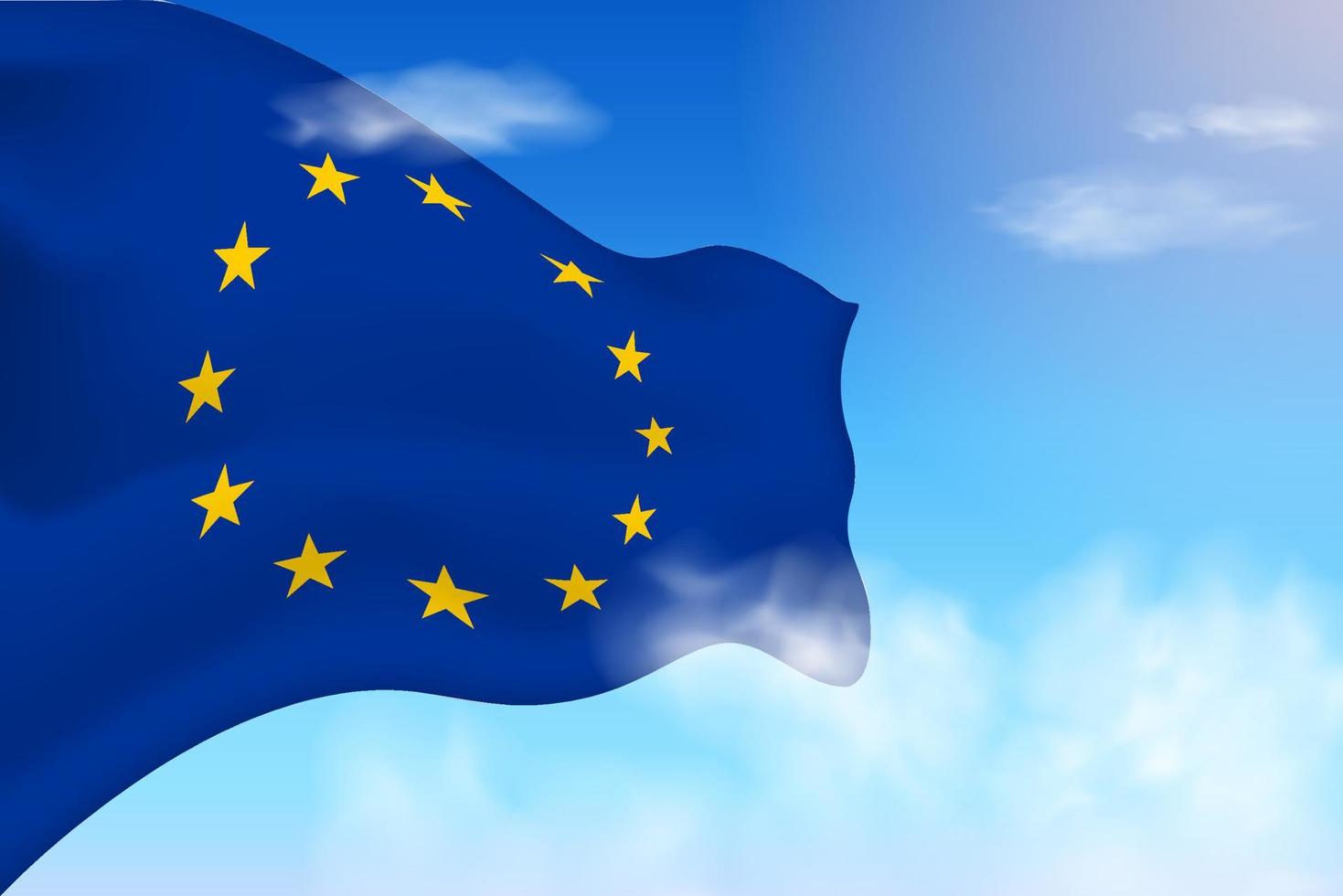The European Union has flagged Bluesky, a growing alternative to Twitter, for non-compliance with its Digital Services Act (DSA).
According to Reuters, Bluesky has failed to meet the DSA’s transparency requirements, which mandate that all online platforms provide a public disclosure of their user base within the EU and specify their legal establishment. However, since Bluesky doesn’t yet meet the threshold to be classified as a “very large online platform,” EU regulators currently lack the authority to enforce stricter compliance measures against it.
During a Monday press briefing, European Commission spokesperson Thomas Regnier highlighted the issue, stating, “All platforms in the EU… have to have a dedicated page on their website where it says how many users they have in the EU and where they are legally established. This is not the case for Bluesky as of today.” Regnier said, as reported by The Financial Times.
Regnier also noted that the commission has directed EU member states to investigate Bluesky’s presence within the bloc, including whether it operates any offices. So far, regulators have not directly contacted Bluesky.
Bluesky’s Rapid Growth
Bluesky, which launched as a decentralized social media platform, has seen a surge in users recently, driven by dissatisfaction with larger platforms like Twitter (now rebranded as X). Its user base has reportedly grown from 15 million to 22.5 million in just ten days, as reported by a stat-tracking site developed by a Bluesky engineer. Despite its rapid growth, Bluesky remains well below the 45 million user threshold required for platforms to qualify as “very large” under the DSA.
The DSA, enacted to hold platforms accountable for content and improve user transparency, applies stricter obligations to large platforms. As Bluesky’s popularity continues to rise, its non-compliance with the EU’s regulations could soon become a more pressing issue.
Bluesky has not yet responded to requests for comment regarding the EU’s concerns. For now, its relatively small size offers it a reprieve, but continued growth may bring it under closer scrutiny from European regulators.














